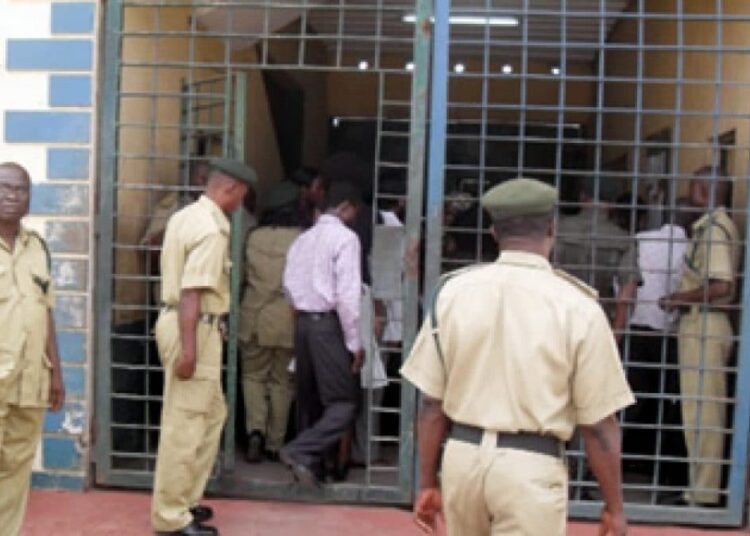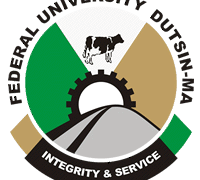An uneasy tension is brewing within Nigeria’s correctional system as contractors responsible for the feeding of inmates across the country cry out over the federal government’s failure to settle outstanding debts running into billions of naira.
Findings by our correspondent revealed that contractors are being owed approximately N7.7bn for the months of October, November, and December 2023, a backlog that has stretched their finances to the breaking point.
While this figure alone is alarming, investigations revealed that the deeper crisis lies in what followed.
In August 2024, the Presidency approved an upward review of the daily feeding allowance for inmates from N750 to N1,125 per inmate, a necessary adjustment prompted by soaring food prices and the economic realities of the removal of petrol subsidy by the federal government.
The new rate, which took effect officially from August 1, 2024, was intended to improve the quality of meals provided in correctional centres and ease the financial burden on contractors.
However, more than a year later, the implementation of the reviewed rate remains on paper.
According to multiple sources within the Nigerian Correctional Service (NCoS) and among contractors, payments have continued to be disbursed at the old rate, creating a N375 per inmate per day shortfall.
It was gathered that over the 12-month period from August 2024 to July 2025, the shortfall has ballooned into an estimated N23bn debt in addition to the earlier N7.7bn backlog.
This brings the cumulative amount being owed the contractors to N30.7bn.
Some contractors who spoke with this newspaper on the condition of anonymity due to fear of being victimised described the situation as dire.
Many of them said they have resorted to taking out high-interest bank loans to sustain the supply of food to prisons, while others have been forced to sell off assets to keep their contracts running.
“We have not been paid for months, yet we are expected to keep feeding thousands of inmates every day,” lamented one contractor who supplies food to prison facilities in the country.
“Banks are already threatening to seize properties we used as collateral. Some of our colleagues have lost everything.”
Another contractor involved in supplying food to another prison facility in Nigeria explained that the government’s silence has deepened uncertainty.
“We are worried that the reviewed rate has not been implemented. “We keep hearing promises, but nothing changes. We are feeding inmates at our own cost. How long can this continue?”
The ripple effects of the debt crisis extend far beyond the contractors.
Sources within the prison facilities admit that the unpaid funds may affect the quality and quantity of food being served to inmates.
Another source who requested anonymity described the situation as “a ticking time bomb.”
“Feeding is central to the stability of any correctional facility,” the source said. “If contractors pull out or fail to deliver because of unpaid debts, it could lead to unrest among inmates. The implications for security are enormous.”
Experts warn that the failure to promptly address the issue could precipitate a humanitarian and security crisis.
Hunger and frustration among inmates have historically triggered riots and jailbreaks in the past. With Nigeria’s prisons already overcrowded housing over 80,000 inmates despite a capacity for about 50,000, any disruption in food supply could prove catastrophic.
The financial fallout of the government’s delay also reverberates through the wider economy.
Many of the contractors operate small to medium-scale food businesses that employ local farmers, traders, and transporters.
The unpaid debts may disrupt these value chains, leaving suppliers and labourers unpaid and communities economically distressed.
As at the time of filing this report, neither the Controller-General of the Nigeria Correctional Service nor the service spokesperson, Abubakar Umar, had picked up or responded to calls, text messages, or WhatsApp messages from this reporter.





